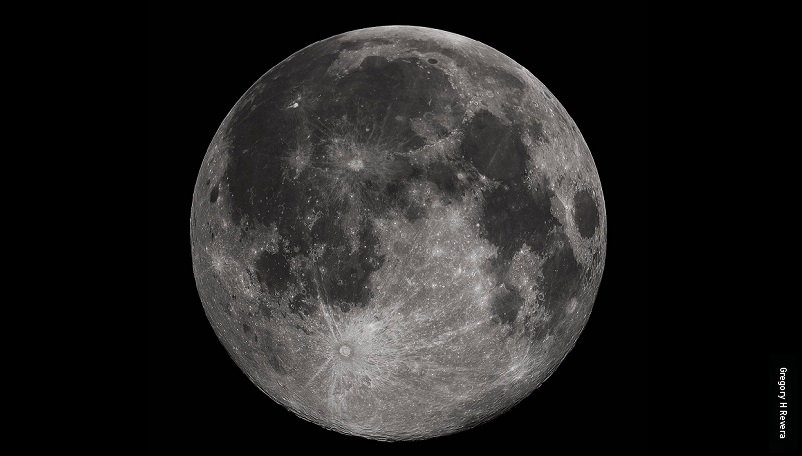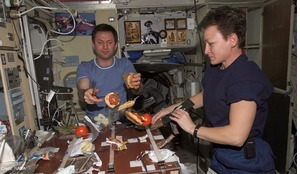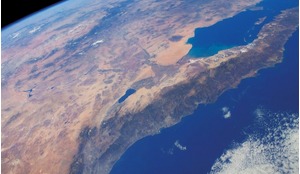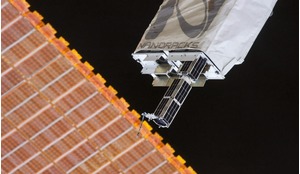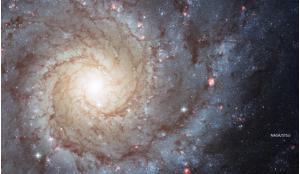What can philosophy say about space exploration, and what exactly is the philosophy behind any space mission? In this article, philosopher Konrad Szocik outlines the main issues that the philosophy of space mission deals with, and should deal with, in the near future.
The philosophy of space mission can be divided according to its main focus - the people who carry out the space missions, the space objects that are the subject of the mission, or extraterrestrial life that may be affected in some way by the mission.
Given these three different emphases, the philosophy of space missions may take the form of space bioethics, space environmental ethics or the ethics of astrobiology, or even SETI (Search for Extraterrestrial Intelligence) and METI (Messaging Extraterrestrial Intelligence, also known as Active SETI) if extraterrestrial life were to prove to be intelligent.
The bioethics of space missions deals with the moral status of procedures and tasks, but also possible protective measures that are implemented and applied during space missions and have a direct relation to the health and lives of astronauts.
Space environmental ethics deals with the moral status of cosmic objects, animate and inanimate. Depending on the ethical conception adopted, objects in space can be assigned either intrinsic or instrumental value. The ethics of astrobiology partly overlaps with environmental ethics insofar as we deal with living organisms in space.





